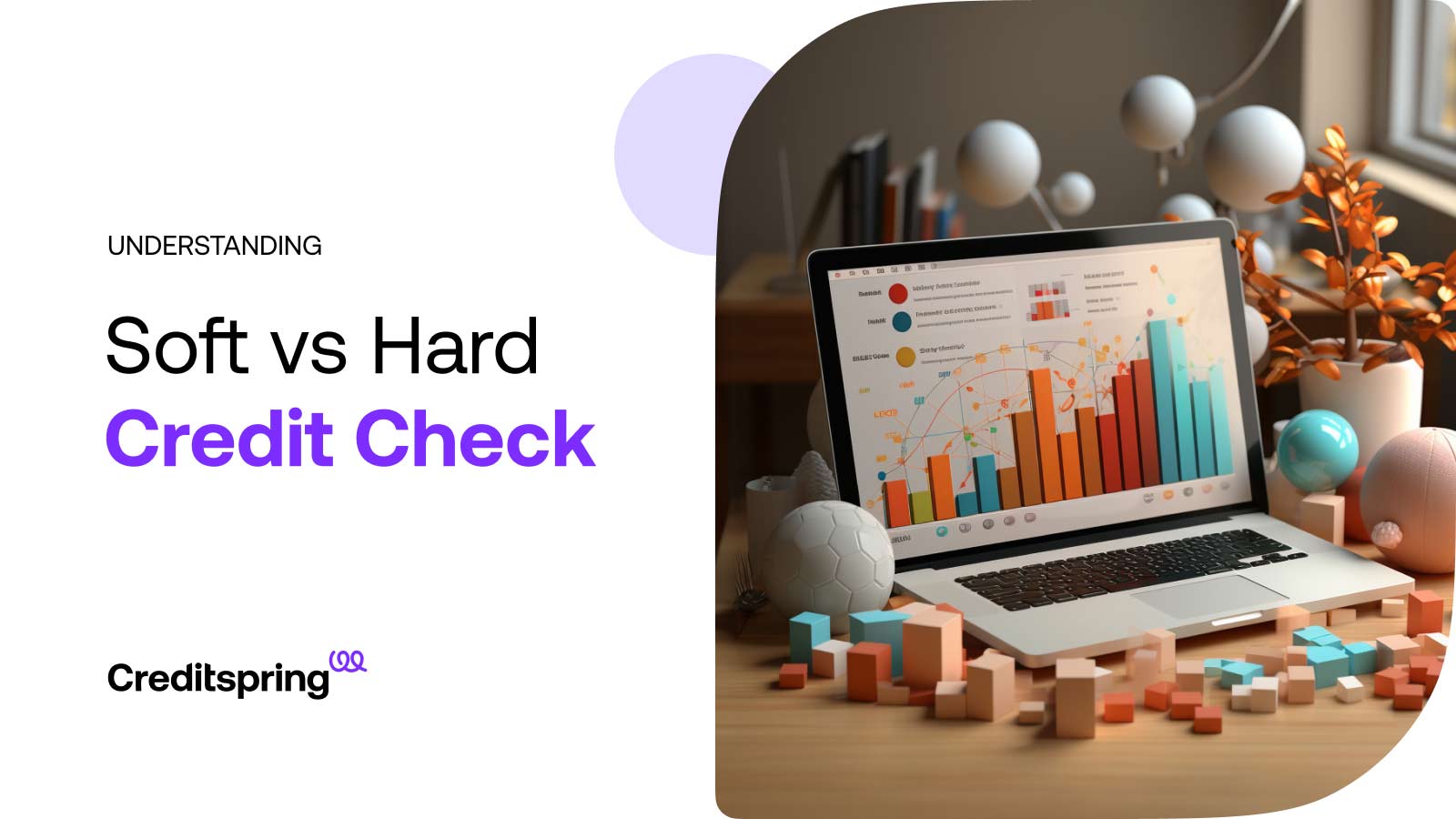

Whenever you apply for a new credit product, like a personal loan or a credit card, the lender will do a credit check as part of the approval process. This may be a soft credit check or a hard credit check.
Below we will look at the differences between soft and hard credit checks and how they can influence your credit score.
A soft credit check is a type of background check a lender uses to help evaluate your creditworthiness when you apply for credit.
Most soft credit checks are based on information gathered from third parties like Equifax, who provide your credit report and score. Soft credit searches typically don't impact your credit score, although they are recorded on your credit report. An example is a pre-qualification for a credit card or when you request insurance or credit quotations. However, other lenders can see that you have been applying for credit.
Soft credit checks don't guarantee approval as most lenders use them to pre-screen applicants prior to a full credit application. A soft credit search is typically used to help determine how much interest you will pay and the terms of any loan you may be offered.
A hard credit check is when a lender does a full credit history review on you. This is based on information pulled directly from your credit report and it's the most accurate method of determining your creditworthiness.
An example of a hard credit search is when a bank does a full credit assessment when you apply for a mortgage or when you have been approved for a loan. Your credit profile can affect how much interest you will pay as well as the terms of the loan, credit card, or other credit product you apply for.
Credit checks are a bit like a safety inspection. The lender will pull your information from one or more of the three credit reference agencies: TransUnion, Equifax, and Experian. Keep in mind that each credit reporting agency has its own way of reporting and collecting information and you will have a different credit score for each.
Your report will contain a wealth of information about you as an individual. It will include your name, address, birthdate, current and past addresses, income, employment, and payment history. Your report will also include information about any debts you owe.
Yes, but only if the credit check you are doing is a hard credit check.
A soft credit check will not affect your credit score. Before doing a credit check, it’s important to find out whether it’s a soft or hard check, as you don’t want to reduce your credit score if you don't need to.
There are ways to improve your credit score. You should improve your payment behaviour and decrease your credit utilisation rate. One way to do this is to start paying on time.
This is because it shows you as a responsible credit user – not someone who takes on too much debt. How you pay will depend on your specific credit agreement, but whether you're making weekly or monthly payments, make sure that it is paid in full.
The second way to improve your credit score is by lowering your credit utilisation rate. This can be done by making sure that you are using your available credit responsibly.
Only buy what you need with your credit card, and make regular payments to reduce your outstanding balance. The amount of credit you have left in relation to your total available credit is your credit utilisation and the lower this number is, the better.
One way to improve your credit score is to get a co-applicant on your loan or credit card application. That is, have a friend or relative – with a good credit score – co-sign your loan application. This will show the lender that you have collateral for your loan, and the lender may be more willing to grant you approval.
Guaranteeing a loan is a little like putting up security for someone else, as the guarantor will have to make payments if the borrower falls behind. The guarantor will also be held responsible for the full amount of the loan if the borrower can no longer pay.
A soft credit check is typically used to evaluate your creditworthiness without hurting your own credit score with a complete assessment.
A hard credit search involves a full review of your credit profile and it will temporarily reduce your credit score. Hard credit searches are used when you formally apply for a credit card, personal loan, mortgage, or other credit product.
You can improve your credit score by paying on time and lowering your credit utilisation rate. You can also get a guarantor to improve your chances of approval and get better loan rates.